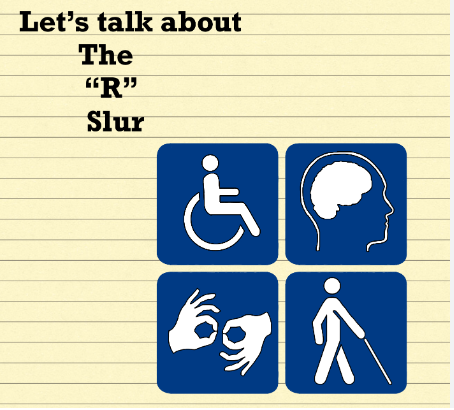The college application process is one that needs no introduction. Nowadays, since everyone is expected to continue with their education, it is rare to find a high school senior who is not feeling the stress of college apps. Personally, I think a key culprit to this stress is the overwhelming load of statistics and horror stories we hear from friends, parents, and guidance counselors alike. All of these accounts normally end with advice, and not surprisingly so, this advice never seems to be of much reassurance.
After awhile, most college tips seem to go in one ear and come out the other. Let’s face it, we’ve pretty much heard it all by now. The best advice is the advice that is direct, foul proof, and maybe even a little insulting. So I thought I would provide some golden tips that I’ve found useful in terms of what to avoid during the application process.
Common mistakes:
Your personal statement/essay is the chance for you to grab an admission officer’s attention and say, “Look at me! I’m a unique individual!” This is often times the deciding factor, especially between applicants who may not be too different in their scores and academic strengths. Unfortunately most seniors think alike, especially when it comes to what they believe an admission officer wants to read. This mentality normally results in thousands of college essays that follow a general theme, from the generic “the time I went on a mission trip” statement to the other generic “It was the last game of the season” statement. It’s understandable to not want to take a giant risk when writing your personal statement, but most admissions officers admit that the essays that wake them up are ones that are not afraid to be gritty, comical, and most importantly individualistic. Let them hear your voice, not the voice you think they want to hear because trust me, that’s what everyone else is doing.
In addition, colleges understand that your parents are normally still very involved in your academic career and most likely will remain involved throughout your college years; however, this does not mean they should be the ones primarily in contact with your dream schools. It doesn’t reflect well on your responsibility and maturity as a student when your parents are the ones who are asking all the questions and keeping all the contact. You are the one applying, not your parents. Show your interest and maturity by being your own spokesperson.
I’ll keep you updated with more information to ease your worries, vikings. For now, good luck seniors! Let’s get started on that Common App!














